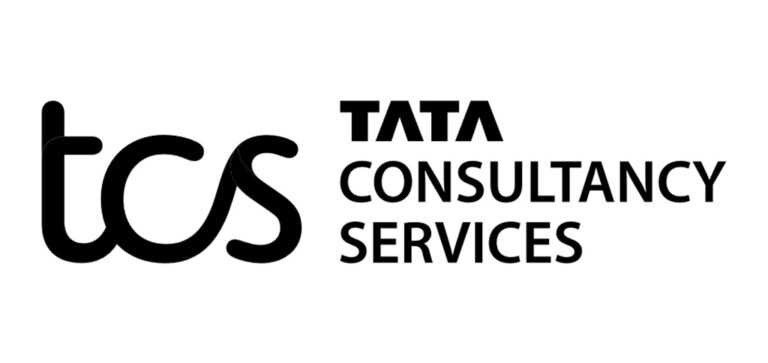An Emotional Intelligence (EQ) Interview assesses how a candidate deals with various emotions, whether they are their own or someone else’s. This is crucial to evaluate how a candidate may fit in a company and how they will interact with their team members.
The examples listed below focus on specific skills to be evaluated. They can be changed based on the responses and how you want to assess the candidates.
Question 1: Can you describe a time when you received constructive criticism? How did you handle it?
To Assess: Self-awareness and receptiveness to feedback.
Sample Answer: “During a project, my manager pointed out that I needed to improve my time management. I took it as an opportunity to reassess my priorities, started using a task-tracking tool, and delivered the next phase ahead of schedule.”
Question 2: How do you stay calm and focused when working under pressure?
To Assess: Emotional regulation and stress management.
Sample Answer: “When I feel overwhelmed, I step back and break tasks into smaller steps. For instance, during a tight deadline, I focused on completing one deliverable at a time instead of worrying about the entire project.”
Question 3: Tell me about a time when you helped a colleague who was struggling emotionally.
To Assess: Empathy and interpersonal support.
Sample Answer: “A team member seemed disengaged during meetings. I asked if everything was okay and learned they were dealing with personal issues. I offered to share some workload and encouraged them to take a day off, which helped them regain focus.”
Question 4: How do you handle disagreements with colleagues?
To Assess: Conflict resolution and collaborative problem-solving.
Sample Answer: “In a disagreement over project priorities, I actively listened to my colleague’s concerns and explained my perspective. We found a compromise by adjusting timelines without compromising quality.”
Question 5: Can you share an example of when you had to adjust to significant changes at work?
To Assess: Adaptability and emotional flexibility.
Sample Answer: “When our team transitioned to remote work, I quickly adapted by learning new collaboration tools and setting up regular check-ins to maintain communication and morale.”
Question 6: How do you recognize when a team member is feeling disengaged or unhappy?
To Assess: Social awareness and observation.
Sample Answer: “I pay attention to changes in behavior, such as reduced participation in meetings or missed deadlines. Once, I noticed this in a team member and initiated a one-on-one discussion, which revealed they needed additional support.”
Question 7: What drives you to perform at your best, even during challenging times?
To Assess: Self-motivation and resilience.
Sample Answer: “I focus on the bigger picture and how my work contributes to the team’s goals. During a challenging product launch, I stayed motivated by keeping the end-user impact in mind.”
Question 8: How do you balance emotional reactions with logical decision-making?
To Assess: Emotional regulation and rationality.
Sample Answer: “When faced with a conflict, I acknowledge my emotions but focus on facts. For example, during a budget cut, I felt frustrated but worked on re-prioritizing tasks objectively to meet key goals.”
Question 9: Can you give an example of how you built rapport with a difficult colleague?
To Assess: Relationship-building and communication skills.
Sample Answer: “I worked with a colleague who was initially resistant to collaboration. I made an effort to understand their concerns and shared my own. Over time, we developed mutual trust, and our teamwork improved significantly.”
Question 10: Describe a time when you failed at something. How did you recover from it?
To Assess: Resilience and ability to learn from setbacks.
Sample Answer: “I once underestimated the time required for a client presentation, which led to rushed delivery. I owned up to my mistake, apologized, and worked on a more structured preparation process for future presentations.”




